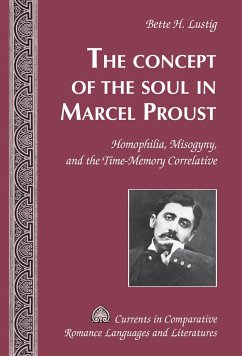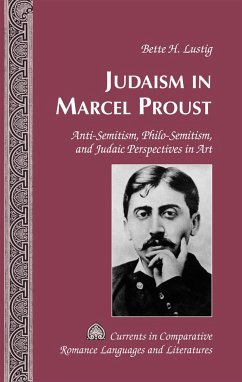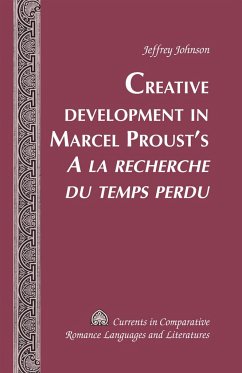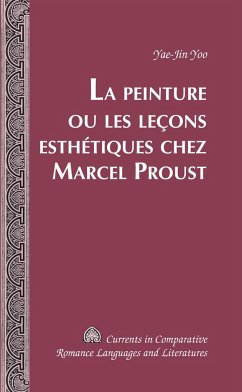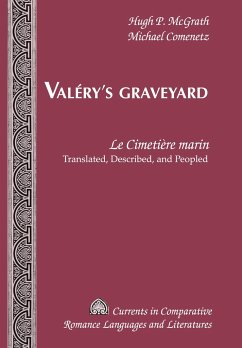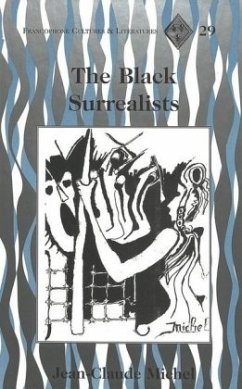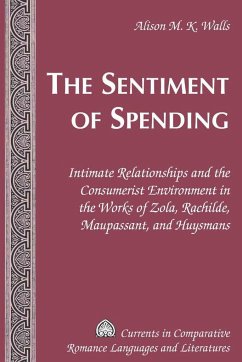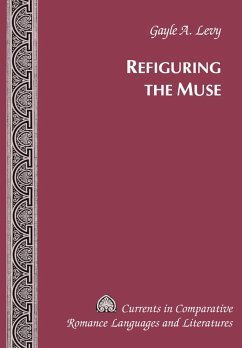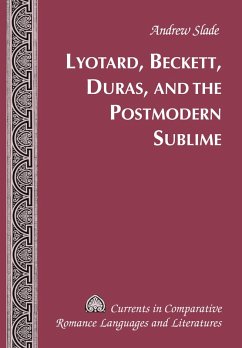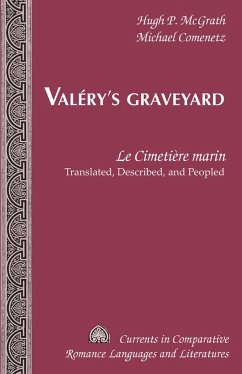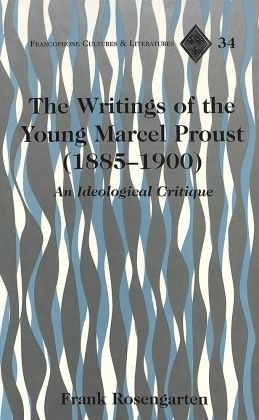
The Writings of the Young Marcel Proust (1885-1900)
An Ideological Critique
Herausgegeben: Alvarez-Detrell, Tamara; Paulson, Michael G.
Versandkostenfrei!
Versandfertig in 6-10 Tagen
87,30 €
inkl. MwSt.

PAYBACK Punkte
0 °P sammeln!
This book offers a comprehensive analysis of young Proust's evolving conception of the world, from his early friendships and educational experiences in the 1880s to the turn of the twentieth century. It looks in detail at his early fictional and critical writings, his associations with various literary periodicals, and the social milieus in which he moved. Its primary purpose is to understand Proust as a worldly figure with concrete attitudes and ideas about such issues as social class, the relationship between art and society, the responsibilities of the writer, and the debate between materia...
This book offers a comprehensive analysis of young Proust's evolving conception of the world, from his early friendships and educational experiences in the 1880s to the turn of the twentieth century. It looks in detail at his early fictional and critical writings, his associations with various literary periodicals, and the social milieus in which he moved. Its primary purpose is to understand Proust as a worldly figure with concrete attitudes and ideas about such issues as social class, the relationship between art and society, the responsibilities of the writer, and the debate between materialism and idealism as seen in the context of mid- to late-nineteenth-century thought.



